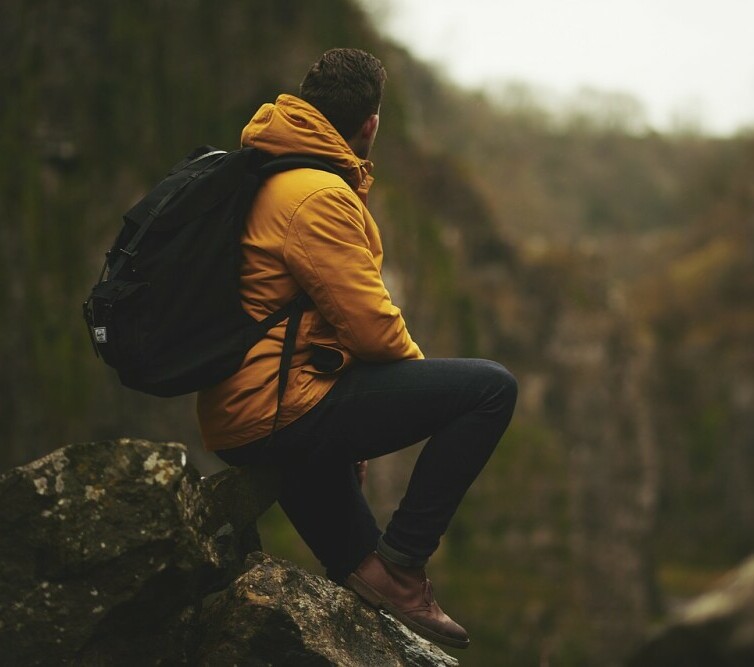Common Beginner Backpacking Mistakes (and How to Avoid Them)

When you make your first trek don’t make the mistakes I did. I was a bit overconfident, and I will admit, a little over packed. I thought I knew it all. I trusted the wrong people (my friends that knew nothing about hiking). Well, long story short. I over packed and managed to not bring a few essential items. One being toiletries. That was a hard one to compensate for. So, don’t make my mistakes. Read on and gain some knowledge. Happy trails everyone. Stay safe and prepared out there.
1. Overconfidence
Inexperienced hikers often overestimate their abilities, leading to dangerous situations. SAR (Search and Rescue) missions in Utah national parks frequently assist hikers who can’t continue their trek. To avoid this, start with smaller trips to build stamina and experience. Know your limits and gradually increase the difficulty of your hikes.
2. Not Informing Others
Failing to tell someone about your hiking plans can be dangerous. If something goes wrong and no one knows where you are, rescuers will have a hard time finding you. Always inform someone where you’re going and when you plan to return. This simple step can save your life in an emergency.
3. Difficulty Finding Trailheads
Remote and less crowded trailheads can be hard to find, leading to wasted time and frustration. Always carry a detailed map and thoroughly research the area beforehand. GPS devices can also be helpful, but don’t rely solely on technology—maps and compass skills are essential.

4. Ignoring Weather Forecasts
Monitoring the weather is crucial to avoid downpours and storms that can turn a pleasant hike into a dangerous ordeal. Weather in mountainous areas can change rapidly, so bring rain gear and warm clothing for temperature changes at different elevations. Always check the forecast before you head out and be prepared for sudden shifts in weather.
5. Forgetting Essential Items
Inexperienced backpackers often miss packing essentials like sunscreen, lip balm, insect repellent, and a first-aid kit. A well-prepared hiker is ready for all situations. Create a checklist of essential items to pack for each hike and double-check it before you leave.
6. Getting Separated
Faster hikers leaving slower ones behind can cause significant issues. Stay together as a group to avoid problems like sudden storms, darkness, or injuries. Communication is key—use whistles or other signals to stay in touch if you get spread out.
7. Not Staking Tents
Strong winds can blow away unsecured tents, leaving you without shelter. Always secure your tent with stakes and guy lines, even if the weather seems calm. This will ensure your tent stays put and provides the shelter you need.
8. Poor Trail Etiquette
Respecting other hikers and the environment is crucial for a pleasant outdoor experience. Stay quiet, stay on the trail, and practice Leave No Trace principles to minimize your impact. Good trail etiquette ensures everyone can enjoy the beauty of nature.
9. Getting Caught in the Dark
Plan your hikes to avoid being out after dark. Use the finger method to estimate remaining daylight—hold your hand out at arm’s length, fingers together, with the bottom of your hand aligned with the horizon. Each finger represents roughly 15 minutes of daylight. Always carry a headlamp or flashlight as a backup.
By avoiding these common beginner backpacking mistakes, you’ll have a safer and more enjoyable hiking experience. Remember to plan ahead, be prepared, and respect the environment and your fellow hikers. Happy trails!
** Here’s a little transparency. Our website contains affiliate links. This means if you click and purchase, we may receive a small commission. Don’t worry, there’s no extra cost to you. It is a simple way you can help support our mission to bring you quality content. **
(As an Amazon Associate, I earn from qualifying purchases)